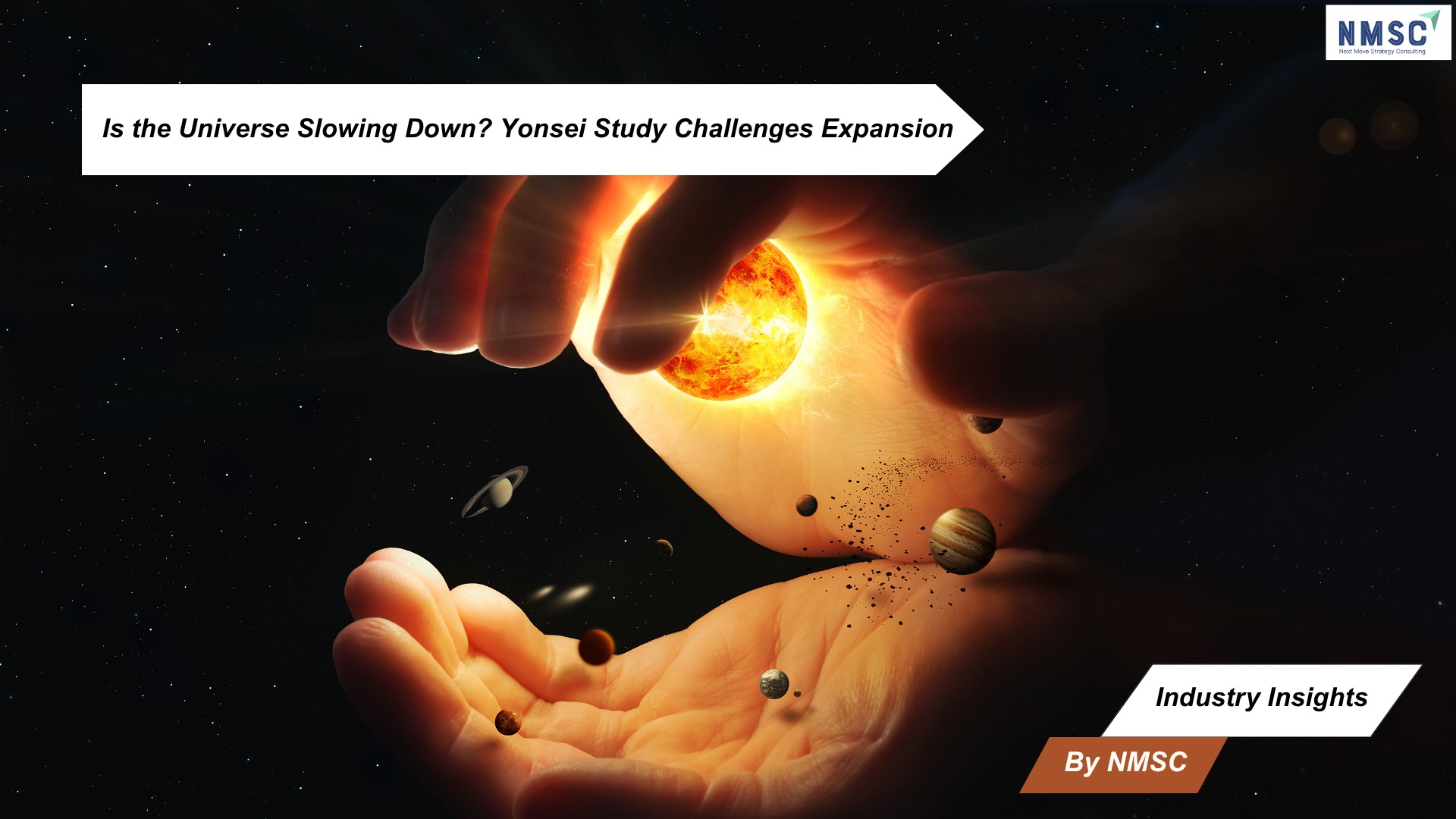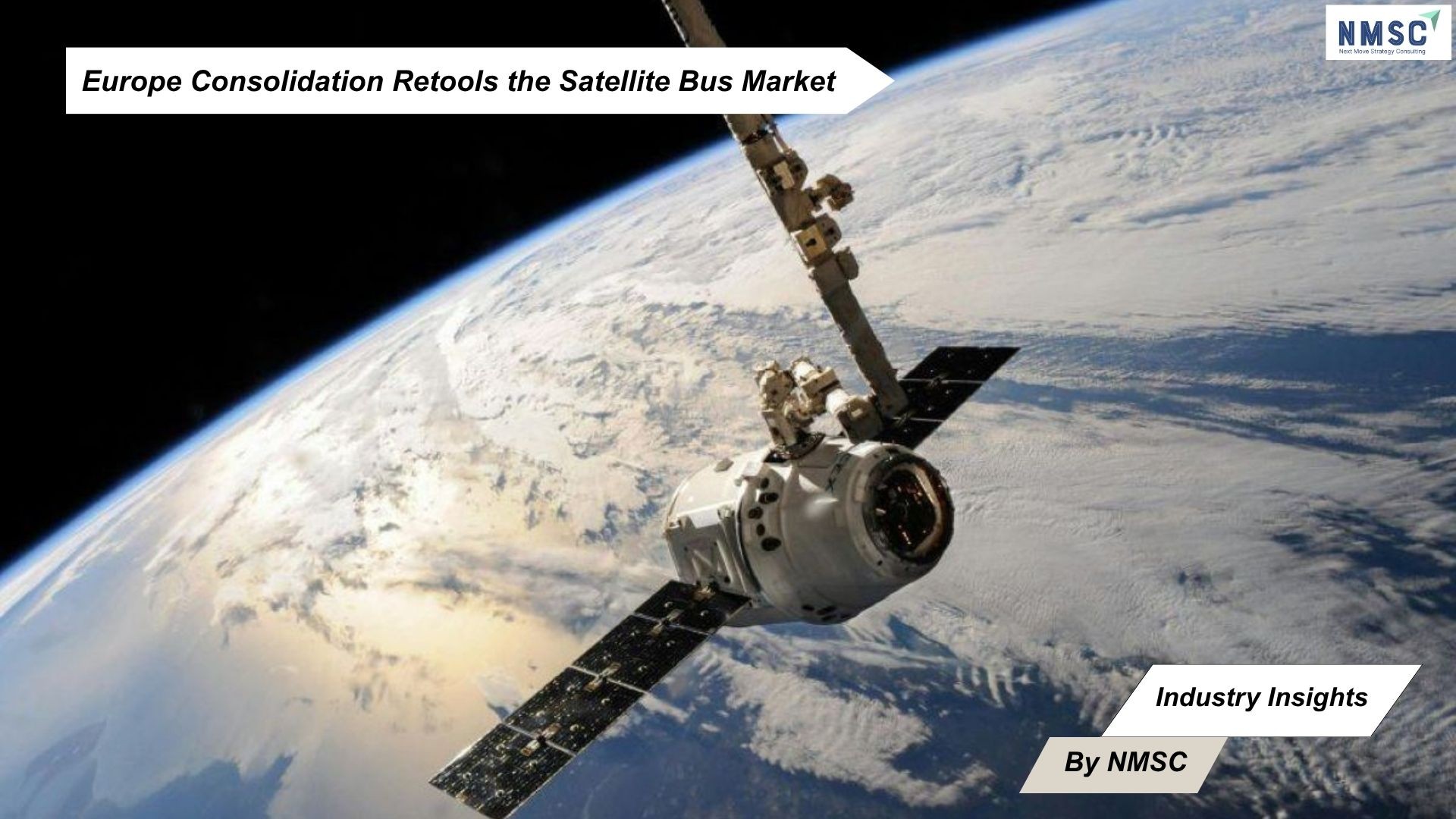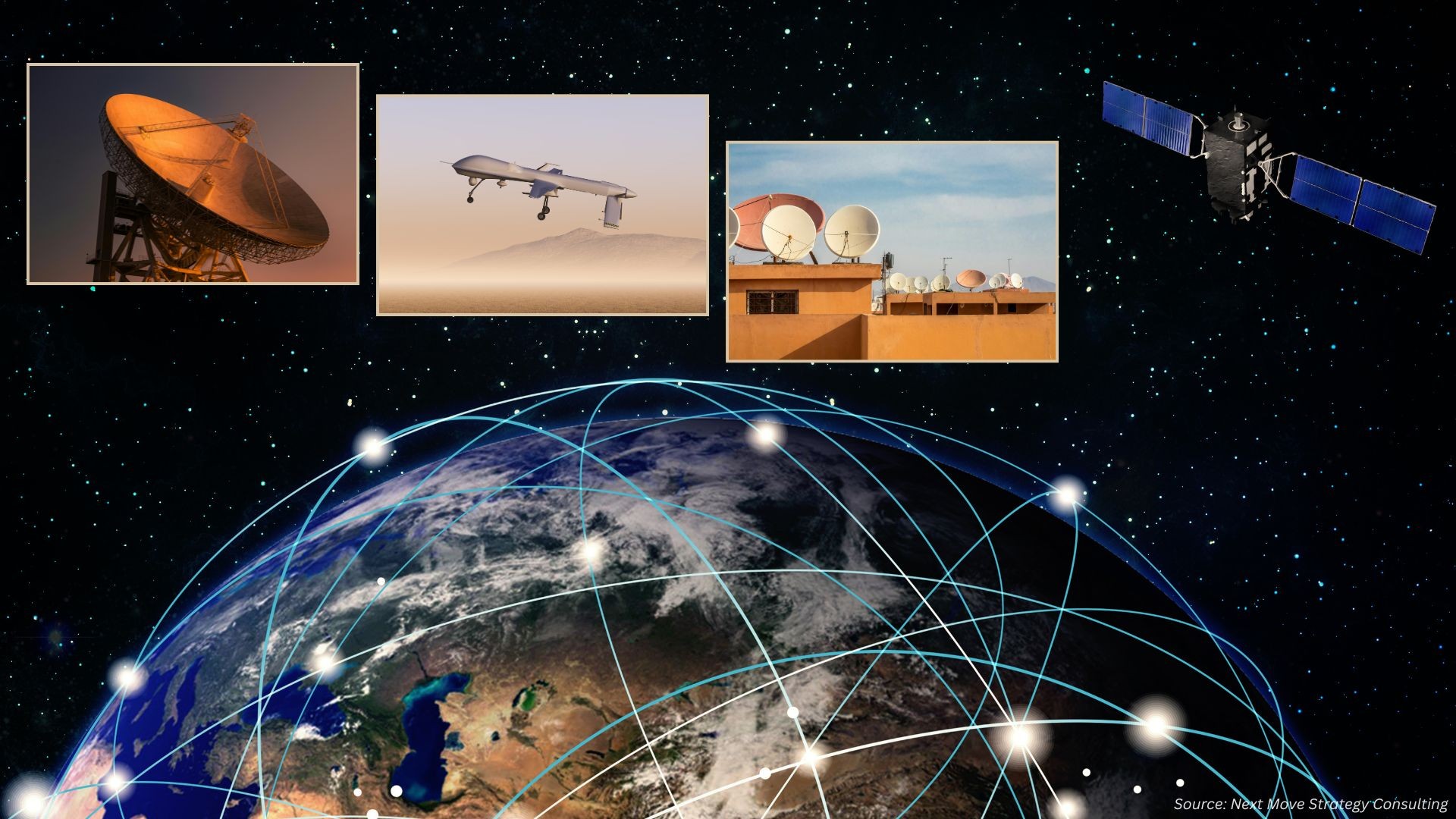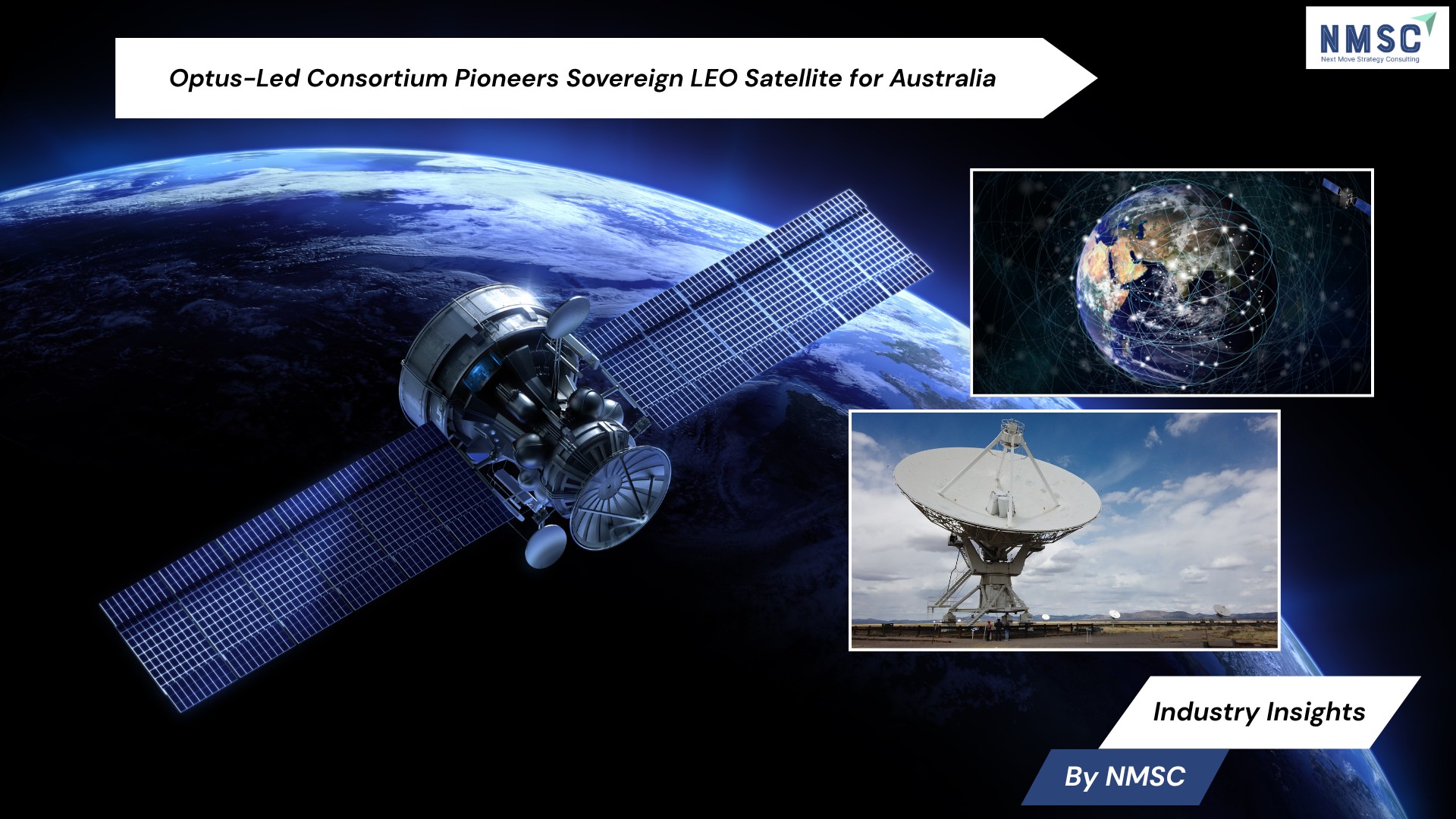Is the Universe Slowing Down? Yonsei Study Challenges Expansion
Published: 2025-11-07

Industry Insights from Next Move Strategy Consulting (NMSC)
A landmark study led by Prof. Young-Wook Lee at Yonsei University has delivered a seismic challenge to modern cosmology, asserting that the universe’s expansion is not accelerating but has already shifted into a decelerated phase—potentially reshaping long-term forecasts for cosmic evolution.
Challenging Three Decades of Cosmological Consensus
For 27 years, the accelerating expansion driven by dark energy has been a cornerstone of the standard model, earning the 2011 Nobel Prize in Physics for its discovery via Type Ia supernovae observations. The new research re-examines those same distant exploding stars and proposes that apparent dimness previously attributed to acceleration actually stems from evolutionary variations in early-universe star populations across 300 host galaxies.
“Our study shows that the universe has already entered a phase of decelerated expansion at the present epoch and that dark energy evolves with time much more rapidly than previously thought,” stated Prof. Lee. This finding implies dark energy is weakening significantly faster than anticipated, opening the door to scenarios such as an eventual “big crunch” where gravitational forces reverse expansion entirely.
Key Findings at a Glance:
-
Reanalysis of Type Ia supernovae brightness using galaxy age estimates reveals deceleration, not acceleration.
-
Dark energy strength is diminishing over cosmic time, contradicting constant-density assumptions.
-
Early-universe stellar property variations fully account for observed supernova dimness without requiring acceleration.
-
While not part of the Yonsei study, related findings from projects such as the DESI consortium may support evolving dark energy models.
-
Potential paradigm shift away from eternal expansion toward cyclic or collapsing universe frameworks.
Robust Methodology Built on Revised Standard Candles
Traditional models relied on Type Ia supernovae as uniform “standard candles.” The Yonsei team applied a novel age-dating technique to host galaxies, revealing that younger stellar populations in the distant past produced intrinsically fainter explosions. This correction eliminates the need for accelerating expansion while preserving evidence of ongoing—yet slowing—growth since the Big Bang.
Industry Response and Strategic Implications for Space Connects Market
The study has ignited intense debate within the cosmology community, with skeptics calling for further verification while supporters highlight convergence with DESI data released earlier this year. According to Next Move Strategy Consulting (NMSC), the space connects market is expected to see rising demand for next-generation observational infrastructure, including enhanced spectroscopic surveys and space-based telescopes capable of resolving early-universe stellar evolution at unprecedented precision.
Research budgets for dark energy monitoring programs are projected to rise 25–35% over the next quinquennial cycle as institutions recalibrate priorities toward deceleration-era models. Companies positioned in high-redshift galaxy surveys and multi-messenger astronomy stand to capture expanded funding streams from global consortia.
An NMSC Viewpoint –
In NMSC’s Space Connects Market analysis, this scientific pivot could reshape valuation models for long-duration space assets and deep-space networks—favoring stakeholders who adapt swiftly to a universe with a potentially finite expansion horizon.
Redefining the Cosmic Growth Trajectory
As evidence mounts for a waning dark energy influence, Prof. Lee’s work signals a pivotal recalibration of humanity’s understanding of cosmic destiny. NMSC’s space connects industry outlook anticipates increased investment into instruments that can track dark energy evolution in real time, positioning the space research sector at the forefront of what may become the most significant cosmological revision since the discovery of dark energy itself.
Source: NewsBytes
Prepared by: Next Move Strategy Consulting
About the Author
 Sneha Chakraborty is a passionate SEO Executive and Content Writer with over 4 years of experience in digital marketing and content strategy. She excels in creating optimized, engaging content that enhances online visibility and audience engagement. Skilled in keyword research, analytics, and SEO tools, Sneha blends creativity with data-driven insights to deliver impactful results. Beyond her professional work, she enjoys reading, sketching, and nature photography, drawing inspiration from creativity and storytelling.
Sneha Chakraborty is a passionate SEO Executive and Content Writer with over 4 years of experience in digital marketing and content strategy. She excels in creating optimized, engaging content that enhances online visibility and audience engagement. Skilled in keyword research, analytics, and SEO tools, Sneha blends creativity with data-driven insights to deliver impactful results. Beyond her professional work, she enjoys reading, sketching, and nature photography, drawing inspiration from creativity and storytelling.
About the Reviewer
 Sanyukta Deb is an accomplished Content Writer and Digital Marketing Strategist with extensive expertise in content strategy, SEO, and audience engagement. She specializes in building strong brand visibility through data-driven campaigns and impactful, value-added researched content. With a passion for creativity and innovation, she blends strategic thinking with design and communication to craft meaningful digital experiences. Over the years, she has contributed cross-functional marketing projects, driving measurable impact and audience engagement.
Sanyukta Deb is an accomplished Content Writer and Digital Marketing Strategist with extensive expertise in content strategy, SEO, and audience engagement. She specializes in building strong brand visibility through data-driven campaigns and impactful, value-added researched content. With a passion for creativity and innovation, she blends strategic thinking with design and communication to craft meaningful digital experiences. Over the years, she has contributed cross-functional marketing projects, driving measurable impact and audience engagement.
















Add Comment